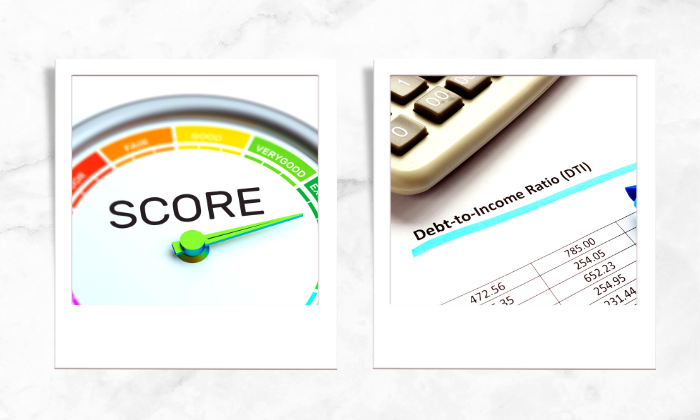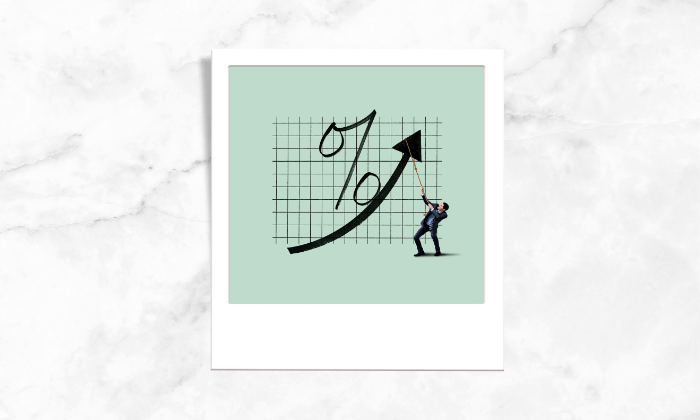How can you avail the best interest rates available for you?
Let’s see the factors that influence your mortgage interest rate and what all matters:
- Your financial health: Lenders assess your financial situation that includes your credit score, down payment, existing debt burden, and the consistency of your income. A credit score above 720 and a down payment of 20% typically earn you the best rates, but you can qualify for a home loan with far less but that calls for a higher interest rate.
- Choose your mortgage lender: Get rate quotes from several lenders so that you can be sure you’re getting the best possible deal.
- Type of mortgage you want: Each type of loan comes with a different average rate: conventional, conforming, FHA, VA, USDA, and jumbo loans. And adjustable-rate mortgages usually have a lower rate lock for the first few years
- Your loan term: The length of your loan affects your interest rate. Shorter-term loans (for instance, a 15-year mortgage) typically have lower interest rates than 30-year loan’s interest rate.
- Your loan’s purpose: Rates vary based on your loan purpose; for instance, cash-out refinance loans have higher rates than no-cash-out refinances
Factors that will be assessed by the Lenders before considering your loan and the interest rate. They will need to know your:
- Credit Score: A credit score is a statistical number that evaluates a consumer’s credit worthiness and is based on his credit history. Lenders use credit scores to evaluate the probability that an individual will repay his or her debts.
- Debt-to-income ratio (DTI): This ratio measures how much of your income goes toward existing monthly debts to assess your surplus income which can cater to this loan emi.
- Income stability: Homebuyers need to show W-2 forms or pay stubs to prove a steady income. If you’re self-employed, you can provide tax forms or even bank statements.
- Down payment: Most loans require a minimum down payment amount (USDA and VA loans are an exception). Putting more than the minimum down payment required could help lower your interest rate.
- Home equity for refinancing: Mortgage refinance lenders will check your home equity which measures how much your home value exceeds your mortgage debt. Having more equity can be beneficial to lower your rate.
In short, the better your personal finances look, the lower your mortgage interest rate. Raising your credit score or saving for a bigger down payment before you buy can help you get the best rates available.













